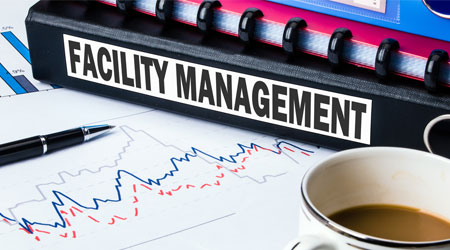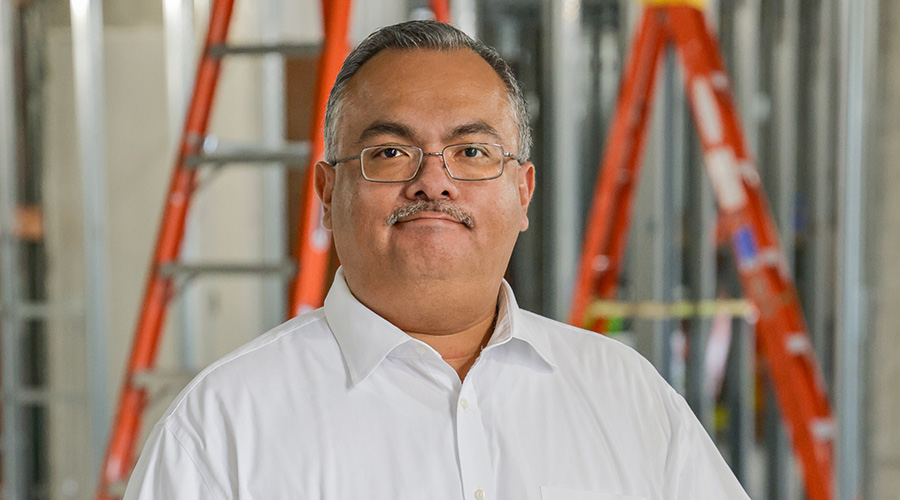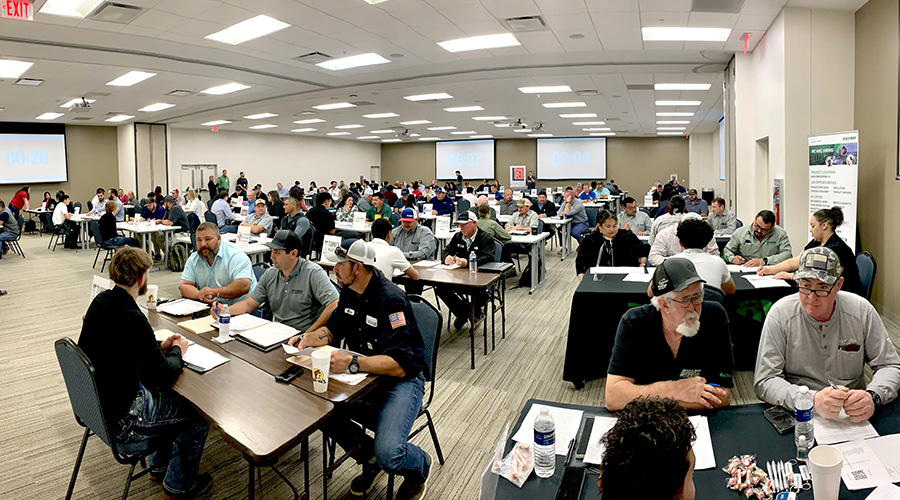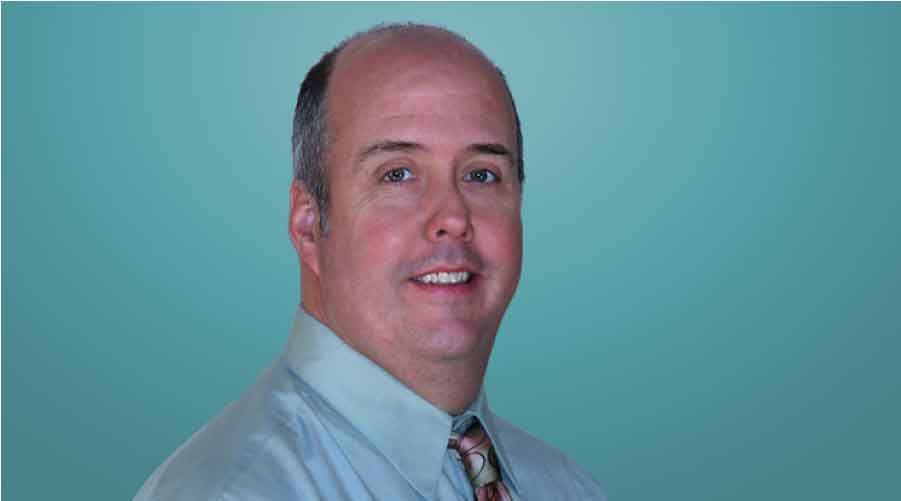Retaining Institutional Knowledge, Recruiting New Workers
Part 2 of 5-part article on facility retirement wave and generational change, plus FM PULSE survey results
There are many things organizations can do about the brain drain, once they put some attention to it. Nancy Bechtol, director of the office of facilities engineering and operations at the Smithsonian Institution, lost 107 people in 2014 — with 60 percent of them leaving as retirees. She says there are many ways to pass on institutional knowledge, including hiring a new person before the retiree leaves and then overlapping for several months. The person who knows the job might be assigned elsewhere but is still available to transfer knowledge.
“In the federal government there is part-time work, so we can get a retiree to work part-time for a while to transfer knowledge to the new person,” Bechtol says. “We have great success with part-time or half-time work. People want Friday and Monday off. Sometimes two part-time retirees can get the job done. The Boomers want to retire from the grind but do not want to totally retire. You can retain the Boomers for another 10 years in this way.”
The Smithsonian also works on getting institutional knowledge into procedural books. “Tasks are put in a book with some history and background on how things are done,” she says. That’s especially important with operating equipment when the same person ran it for 30 years.
In a similar vein, some organizations encourage senior managers planning on retiring to keep a diary for six months and “record how they spend their time and what they see as issues,” explains Friday. Some companies may do job shadowing of facility managers or “walk in your shoes” days to help new people learn more about a managerial position.
Recruiting and Training the Next Generation
In the past, the industry has not done a good job in getting the word out about why young people should choose facility management as a career path. Efforts are underway to change that.
According to Geoff Williams, general manager for the Center for Health & Safety Innovation and a member of the board of directors for IFMA (International Facility Management Association), where he chairs the task force on knowledge strategy, IFMA has “a number of initiatives underway to facilitate knowledge transfer” at the managerial level. IFMA has developed an online knowledge library, for example.
Traditionally, facility managers have “made a lateral move from other building sciences,” but now foundational knowledge can be studied in college. IFMA has educational programs through the IFMA Foundation, Williams says, and accredited degree programs. Currently IFMA is “working to develop a pathway through high school, college, and university, and into the workforce,” he says, and has accredited 30 college and university programs. Similarly, Medlin’s organization is developing future leaders with college degrees in facility management or technical fields like engineering, as well as future technicians, through apprenticeships in vocational or technical training programs. “There are about 40 college degree programs across the country,” says Medlin, but so far no college of facilities management. APPA began hosting Emerging Professional Summits in 2013, connected with its annual conference, and will continue to promote a dialogue between senior facility officers and new professionals on the management track.
Related Topics:
















